More than Meets the Eye
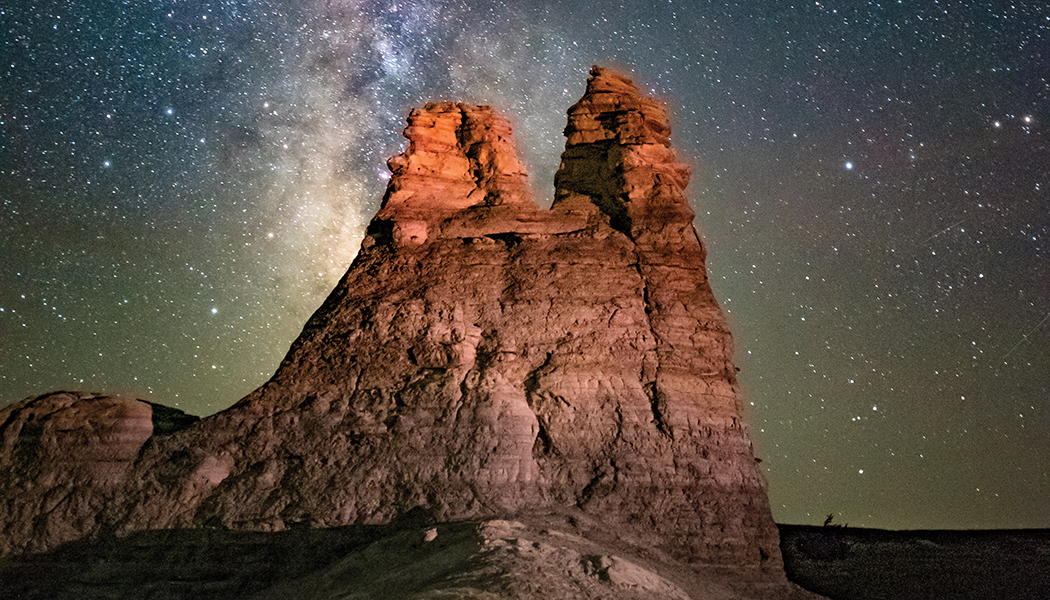
Like a lot of kids, Jenifer Yuza spent a lot of time at her grandparents’ house during childhood.
Like a lot of Kansans, she grew up in a small town—in her case, McCune, a city of about 500 souls in the state’s southeastern corner—thinking it’s only natural to drive 30 minutes to get groceries.
Like a lot of people all over the world, whether they spend their days shuttling through urban canyons, suburban sidewalks or wide open farm fields, she may have become just a little blasé about the familiar vistas that rolled by outside the car windows on those long drives, or swept in on the horizon with stormclouds. Or even lurked just across the road from her grandparents’ house.
“I did not know the beauty in the small things I saw every day,” says Yuza, the marketing and resource manager for Rural Health Education and Services, a KU Medical Center unit that works to recruit and retain health care providers across the state, especially in underserved rural communities. “You know, you pass by an old windmill on your way to work every day, but you hardly notice, you’re just so busy living life.”
“For me it was Big Brutus,” Yuza says of the 160-foot-tall electric coal shovel that is a Kansas icon and the centerpiece of a Cherokee County mining museum. “My grandparents lived across the street from Big Brutus, and I remember exploring it long before it became a tourist attraction.”

As coordinator of the Rural Kansas Photography Contest, she has the “thrilling and overwhelming” task of viewing, cataloging and helping judge hundreds of fleeting moments of beauty and insight that didn’t slip away unnoticed, but were captured in color and black-and-white by attentive, talented people with a camera and an eye for the sublime.
“I get excited seeing scenes that I maybe wouldn’t have noticed before. Maybe they’ve shot that windmill when a storm has passed and a rainbow arches over it, or they’ve captured Big Brutus when the sky was just perfect to show off that big, massive piece of orange equipment.”
It takes only a moment, Yuza reflects, to say, “I’m glad that photographer went after that scene. They picked the right time of day, the right type of day—and how beautiful it is.”
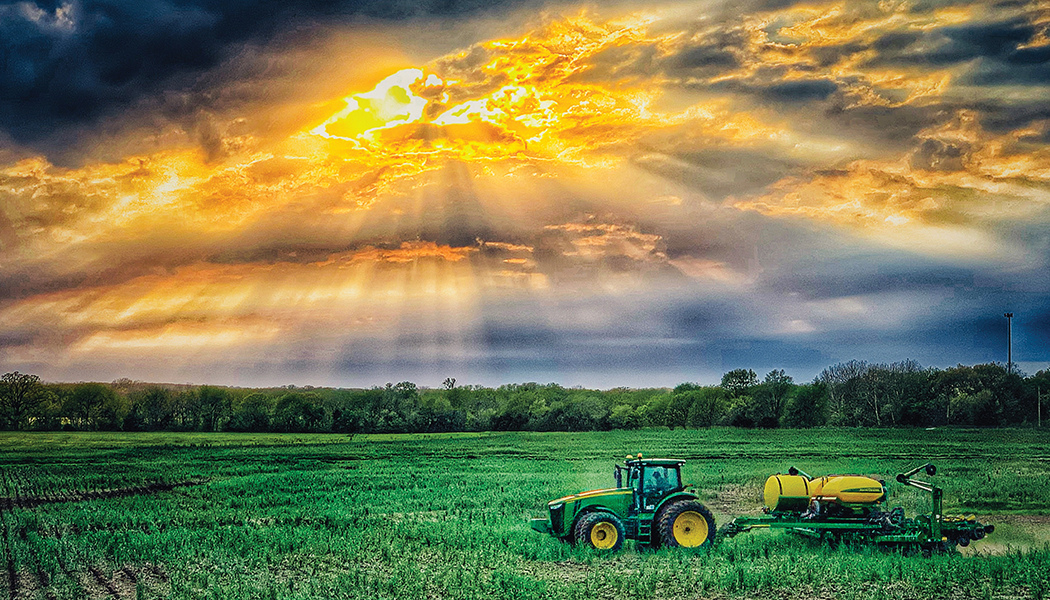
In its mission to convince health care professionals that rural Kansas is a fine place to build a practice and a life, Rural Health Education and Services is battling a problem that bedevils the vast majority of the state’s 105 counties.
According to the Rural Health Information Hub, a national clearinghouse for rural health data and resources maintained by the Department of Health and Human Services, 87 entire Kansas counties are designated Primary Care Health Professional Shortage Areas in 2021, and another 15 counties have parts that are considered shortage areas. The picture for mental health is even more dire: All but three counties (Shawnee, Douglas and Johnson) are classified shortage areas.
Rural Health administers the Kansas Bridging Plan, a loan-forgiveness program for primary care and psychiatry residents that encourages physicians to practice in Kansas; runs Kansas Locum Tenens, a moonlighting effort that enlists practicing health care providers and residents to pitch in with temporary coverage at underserved rural and urban health care facilities; supports medical mission trips in the U.S. and abroad; and steers the Kansas Recruitment and Retention Center, which specializes in health care workforce development and planning. Located on the KU School of Medicine-Wichita campus, the office is part of KU Medical Center’s statewide outreach effort—not its HR department.
“We don’t recruit for KU Med,” Yuza emphasizes. “We recruit for Kansas.”
That may mean finding a nurse for a one-physician office, recruiting a newly trained resident to replace a retiring small-town doctor or helping staff a bigger regional hospital in Salina or Hays.
“Our goal is to help them recruit the most talented health care professionals and keep them,” Yuza says. “It can be tough for a small shop; they don’t have the resources to do a full recruitment plan. They need help. And we have the expertise, over 30 years of knowing what works, to provide that help. Because it’s important to attract the right candidate, not just any candidate: someone who has a heart for service and who’s going to be comfortable in that type of community.”
Which is where the Rural Kansas Photography Contest comes in.
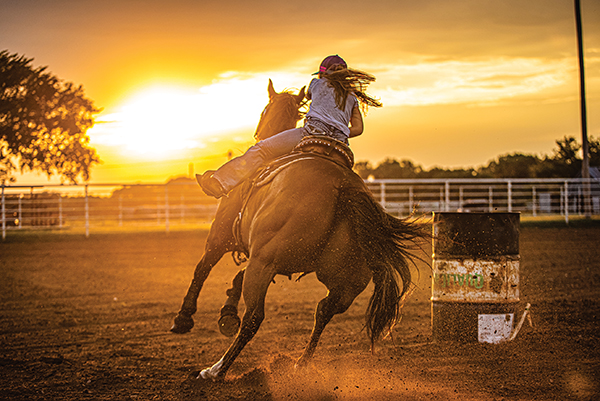
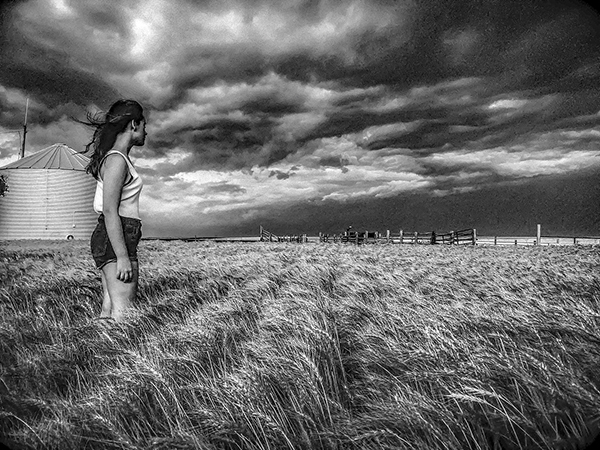
“Photos are attention-getters,” Yuza says. “It’s saying, ‘Here’s the community, the schools, the people. Here’s the hospital. Can you picture yourself living here?’”
A photograph alone is unlikely to sway anyone’s career choice, of course, but could connecting a visual image to a distant community—a face to a place, if you will—constitute a first step to overcoming preconceived notions about what life in a small town might hold?
Yuza and colleagues who host Kansas Career Opportunities, the state’s largest career fair for health care professionals, have some data to back up that notion. A 2019 survey of nurses, physician assistants, residents and medical students browsing among more than 50 booths manned by Kansas health care facilities at the annual event found that 83% of attendees had not considered rural practice before the career fair, but would consider it after meeting and talking with the rural health providers.
“That’s our goal,” Yuza says, “to at least open their minds to thinking about the possibility” of serving a rural community.
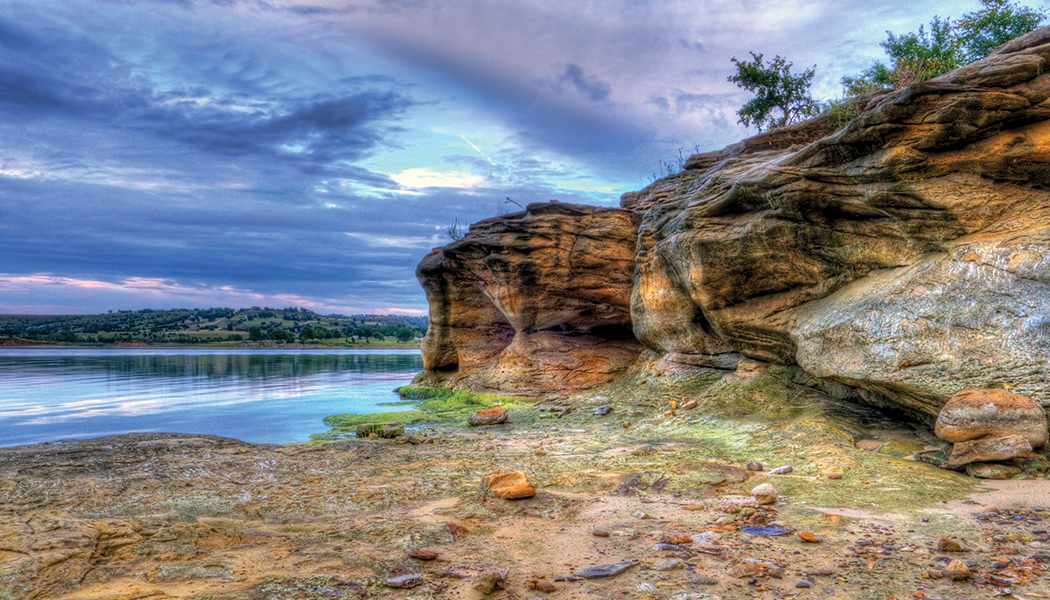
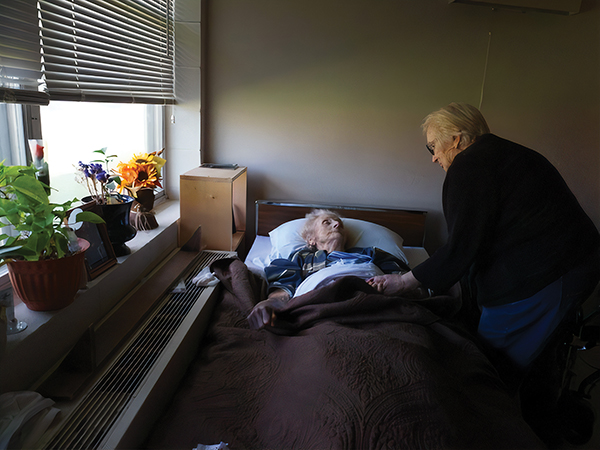
Once the contest opens, on Sept. 1, and entries start rolling in, Yuza’s job gets tougher.
“Every picture that comes in we look at, and you get so excited because you swear you just found the winner within the first 25 entries,” she says, laughing. “And then maybe it doesn’t even wind up being a finalist.”
Which is to say there’s lots of good stuff. Last year 288 professional and amateur photographers entered 1,197 photos in a half dozen categories. Narrowing down this embarrassment of riches to six finalists per category—for which Yuza gets help from a handful of campus colleagues—ain’t easy.
“It’s awful!” she says. “So tough! It’s fun to look at all the great pictures; it’s not fun to narrow them down. But when it comes down to it, I’m like, ‘Here’s the deal: There can only be two winners in each category. It’s going to get down to two somehow.’”
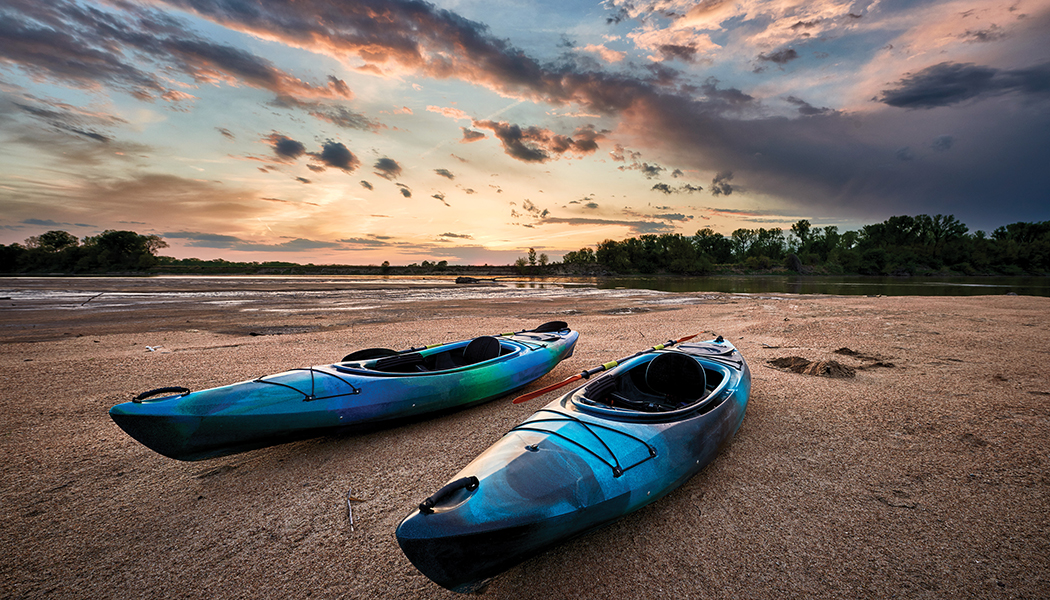
Finalists are put to a public vote on Rural Health Day, a national celebration of rural health care providers, state offices of rural health and other stakeholders observed each year on the third Thursday in November (this year, Nov. 18). Rural Health Education and Services hosts a reception in its Wichita office, where visitors can view the photos and vote in person, and there’s also online voting—which proved to be a godsend in 2020, when the COVID-19 pandemic forced cancellation of mission trips, career fairs, recruiting visits and almost all of the office’s other initiatives. In a stormy year the photo contest was a welcome burst of sunshine.
Aside from the cash prizes awarded by Rural Health Education and Services, entries also qualify for a grand prize from Kansas Country Living magazine, which chooses one photo to be published on its January cover.
Even those who don’t win a prize see their photographs put to good use in giveaways, calendars, note cards, recruitment brochures and other marketing materials; the photographs hang in KU waiting rooms, hospitals and administrative offices across the state.
When Yuza fields an inquiry from a KU-affiliated office or clinic about displaying a photograph they’ve seen in the contest, “they’re wanting it because it’s beautiful,” she says. “The photos we get are beautiful, and they show how beautiful Kansas can be. We love to showcase this work of Kansans who are out there taking pictures of what it’s like here, because that’s who we’re recruiting for, the people of Kansas.”
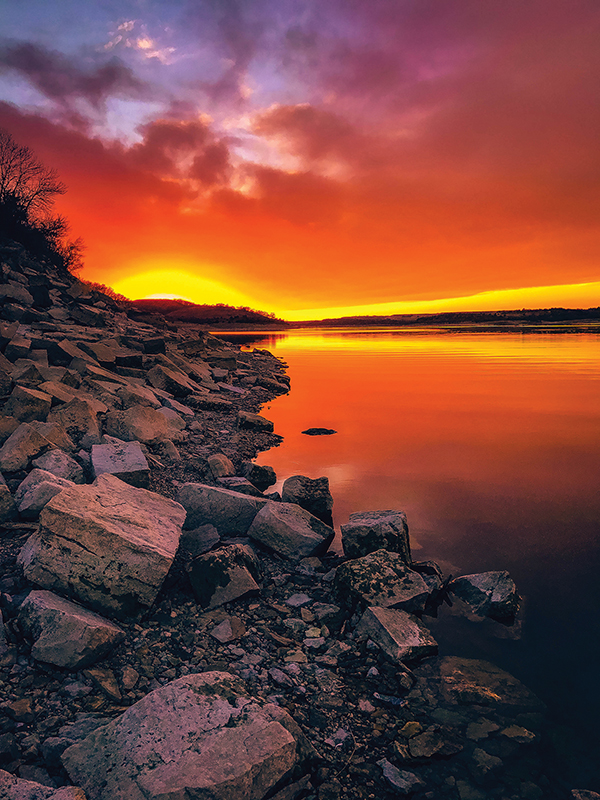
A stunning sky, a delighted child, a health care hero might spark an image that opens a door to a new adventure for a doctor, a town, a patient—or an image that opens eyes to the little wonders that await us all, even on roads we’ve traveled many times.
Journeys through familiar terrain take on a different feel, now, Yuza says.
“When I’m driving home and the sky is orange and purple and yellow, I’m thinking, ‘Yep, this is the time when the photographers are out taking pictures.’”
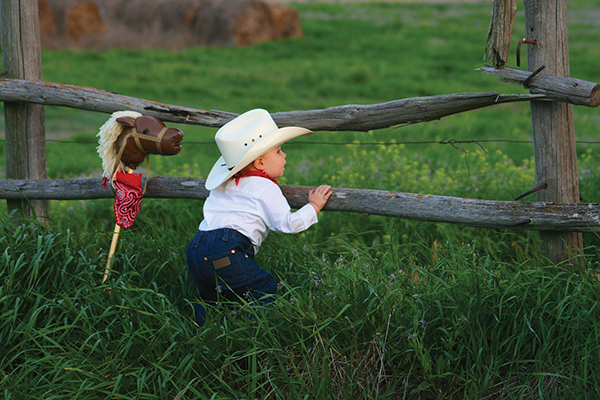
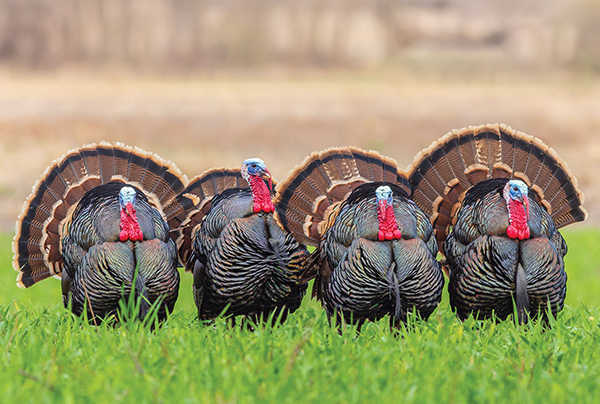
A call for Kansas photographs
The Rural Kansas Photography Contest accepts entries from Sept. 1 to Oct. 18 in six categories:
• Best in Show
• Health Care in Kansas
• Wildlife and Critters
• On the Move
• Road Trip
• Sun, Wind or Rain
All entries qualify for a special Grand Prize selected by Kansas Country Living magazine’s editorial team. The grand prize photograph will earn $100 and be featured on the magazine’s January cover.
Public voting for winners takes place on National Rural Health Day, Nov. 18. To sign up for online voting, read contest rules, or learn where to submit photos, visit bit.ly/KSPHOTO21.